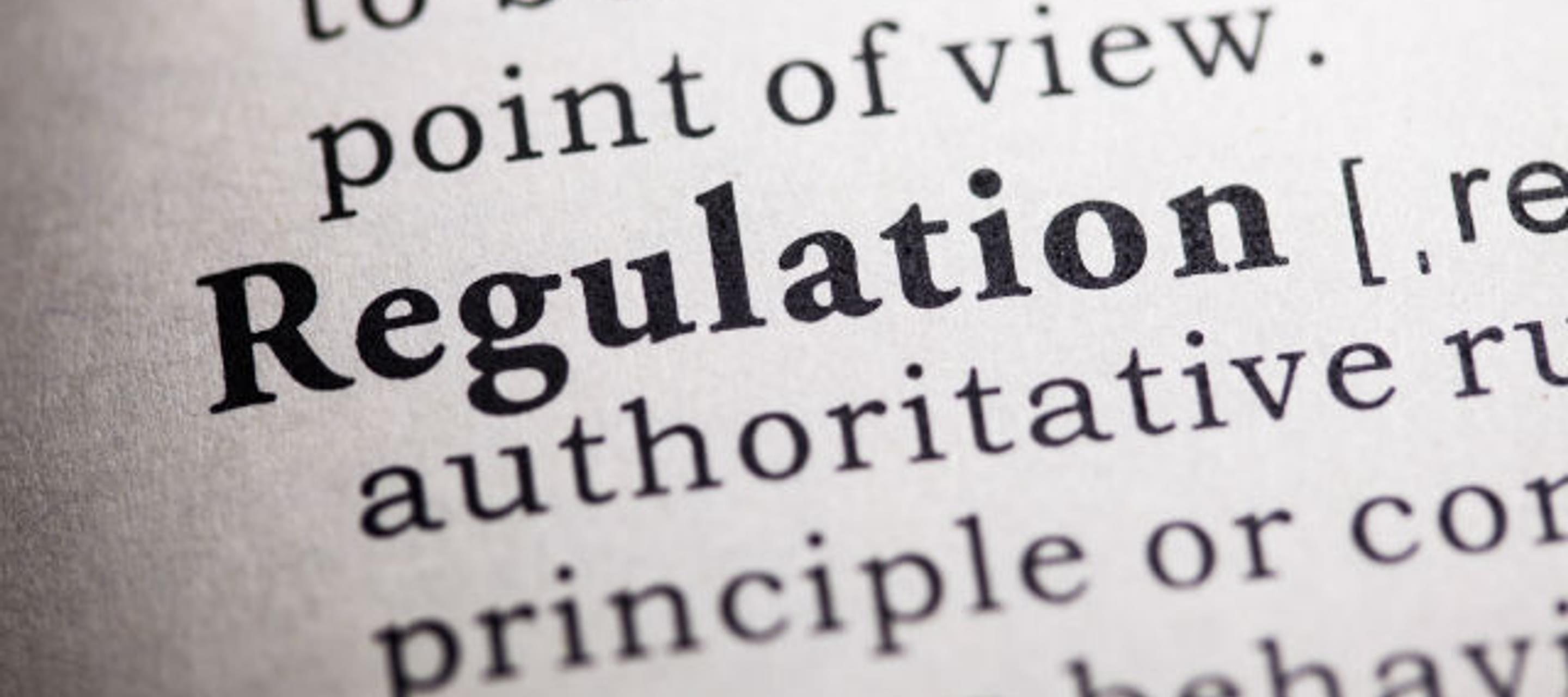Human Rights - The Case for Regulation
26 June 2011

This op-Ed was originally published on L4bb.org.
It is not unknown for business leaders to call for increased or better regulation in relation to environmental or social issues. In 2002, Mark Moody-Stuart (the former CEO of Shell and Chair of Anglo-American) led the business call for a binding global agreement on renewable energy at the World Summit for Sustainable Development in Johannesburg.
Similarly companies such as GE have championed anti-corruption legislation and others such as GAP have called for including labour standards in bilateral investment treaties. Sometimes, businesses have broken ranks with others that are opposing new national legislation, as Nike did in 2007 when both the American Chamber of Commerce and the European Union Chamber of Commerce in China opposed many of the worker protections proposed under the new China Labour Contract law. (China labour law reform)
Another example would be the business members of the Business Leaders Initiative on Human Rights (BLIHR) who remained evidence-based in their support for a UN framework on business and human rights between 2003-6, when the position of business associations worldwide was to maintain the voluntarism of corporate social responsibility. (The Business Leaders Initiative on Human Rights)
However, the examples above must still be seen as exceptions rather than the rule. Whilst the 2008 UN ‘Protect, Respect and Remedy’ framework on business and human rights is expressly not a voluntary one, it makes no new claims on international law. Nevertheless, it would be a mistake for anyone to infer that the work of Professor John Ruggie will have no new legal consequences. The thesis of this blog is that the UN Framework and the 2011 ‘Guiding Principles’ are likely to have new legal consequences but also that these are largely in the interests of any business committed to sustainable markets and a well-founded licence to operate.
First, many are looking at how the Securities and Exchange Commission (SEC) in the USA will interpret the requirements on business under the 2010 Dodd-Frank Financial Reform Act in relation to the sourcing of ‘conflict minerals’ in central Africa. Seven companies (including HP, Dell, Microsoft and Ford) were amongst the diverse range of stakeholders supporting the move towards ‘mandatory due diligence’, the rationale for which was explained by the partner NGO in the following terms:
“One reason why these companies worked with us in drafting these consensus positions is because they don’t want their products indirectly enslaving people and causing rape and violence in other countries. But if they’re the only ones doing it and a bunch of other companies aren’t, then they’re footing the bill. So they also welcome the legislation because it levels the playing field by making all companies abide by these standards.” (Diverse Stakeholders Support SEC Regulation of Conflict Minerals)
There seems also to be some appetite in Europe to move beyond the ‘voluntary-only’ approach to Corporate Social Responsibility (CSR) that has dominated the discourse for at least 15 years. The pick and mix approach drove the late and great Sir Geoffrey Chandler (a former Shell Executive and founder of the UK Amnesty Business Group) to exclaim in 2001 that CSR “… too readily gets treated as a add-on, as charity or philanthropy, or even a marketing ploy, rather than something that should pervade the whole of a business and be embedded in the core of its thinking and practice.” In 2009 under the Swedish Presidency, the European Union (EU) started to embrace the UN Human Rights Framework and will hopefully consolidate human rights as a permanent fixture of European corporate responsibility later this year.
That the EU should now develop a mandatory aspect to its international CSR policies is a given, the question is which aspects shall manifest itself first. Perhaps the lowest hanging fruit is that of social and environmental reporting where there is anything but a level playing field across the 27 member states; we might also see public procurement standards that include rather preclude human rights. Most intriguing, perhaps, is how benchmarks relating to human rights due diligence develop in the Union relating to specific business sectors and ‘high risk’ contexts. European voters and their politicians have expectations about the way European companies behave outside of Europe. We might begin to see European companies engaging in these discussions about what might reasonably be required of them in human rights terms, when there is (at the moment at least) less expectation on Brazilian, Indian or Chinese companies against which they are competing. Business also finds itself engaging on human rights in bilateral investment treaties: Colombia being a good example, having recently signed a treaty with Canada. But those with the USA and European countries are still open to political debate.
Here then is the business case for discussions about the level playing field of regulation between global regions and, when at all possible, universally. Perhaps before any new international law, we will see the standardization of non-legal approaches that have a compelling effect on business, such a strengthening of human rights in the updated Performance Standards of the International Finance Corporation and the OECD Guidelines for Multinational Enterprises. Another approach is that of the Brazilian government, who names and shames some of the worst abusing companies through publishing a ‘dirty list’ and ending all federal contracts with them.
There is also much governments can do under existing national criminal law to hold business leaders to account if they are involved in some of worst forms of human rights abuse, nor are they prohibited from exercising this law extra-territorially in some cases. Perhaps then the most fundamental issue here is the absence of political will, whether or not all the necessary international law yet exists. It does no favours to the majority of business for any such impunity to exist in areas of weak or no governance. It is likely, as is already the case on anti-corruption and health and safety, that reputable business will increasingly make it known that they expect more of their governments when it comes to applying international law.




